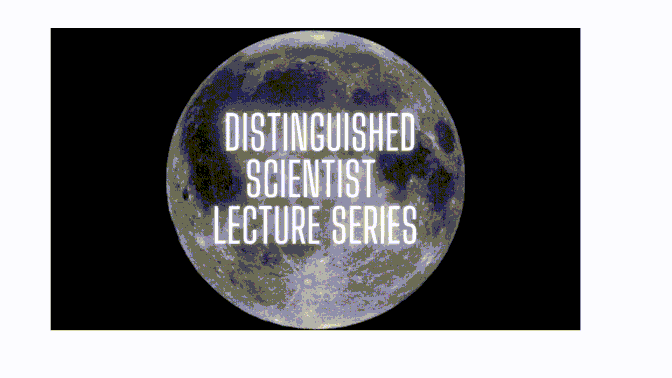
Recent Developments in Molecular Spectroscopy and Some of Their Implications
Loading...
Files
Download OCR Transcript (411 KB)
Description
(This information was taken from the Distinguished Scientist Lecture Series Program 1980-81).
A native of Tennessee, Dr. Wilson did his undergraduate work at Princeton and received his Ph.D. in physical chemistry from the California Institute of Technology. After three years as a teaching fellow there, he went to Harvard where he became the Theodore William Richards Professor of Chemistry. He is now professor emeritus at Harvard. Dr. Wilson has received the American Chemical Society A ward in Pure Chemistry, the Pauling Award, the Rumford Medal of the American Academy of Arts and Sciences, and the National Medal of Science. He is a member of the Commission on Natural Resources and of the corporation of the Woods Hole Oceanographic Institution. Since 1977, he has been the chairman of the Committee on Radioactive Waste Management of the National Academy of Science.
Dr. Wilson is a world authority on molecular spectroscopy, the analysis of spectra as a means of studying the structure and dynamics of polyatomic molecules. In particular he has made seminal contributions to the general theory and practice of vibrational spectroscopy. In 1966, he was co-author of a book on this subject,Molecular Vibrations, which remains a classic in the field. He also wrote with Linus Pauling, in 1933, Introduction to Quantum Mechanics, one of the earliest and most widely used texts on quantum chemistry. During World War ll, Dr. Wilson served as research director of the Underwater Explosives Research Laboratory in Woods Hole, Mass. From 1944 to 1946, he was a division chief of the National Defense Research Committee, and later was the research and deputy director of the Weapons Systems Evaluation Group of the Department of Defense. For this work, he was awarded the Medal for Merit by the United States government. For the past several decades, he has worked on the microwave spectroscopy of large molecules, and is now continuing his studies of the internal and overall rotational motion of chemical species in gases. Dr. Wil n will speak on "Recent Developments in Molecular Spectroscopy and Some of Their Implications."
Keywords
physics
Creation Date
May 9, 1981
Recommended Citation
Wilson, E. Bright, "Recent Developments in Molecular Spectroscopy and Some of Their Implications" (1981). DSLS 1980-1981. 1.
https://digitalcommons.bard.edu/dsls_1980_1981/1
OCR Transcript

